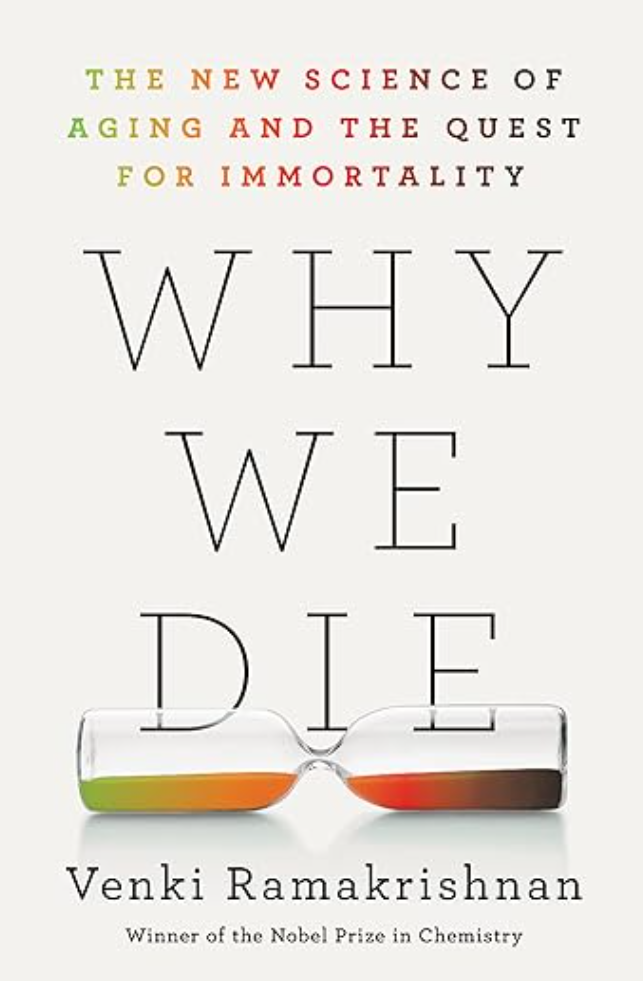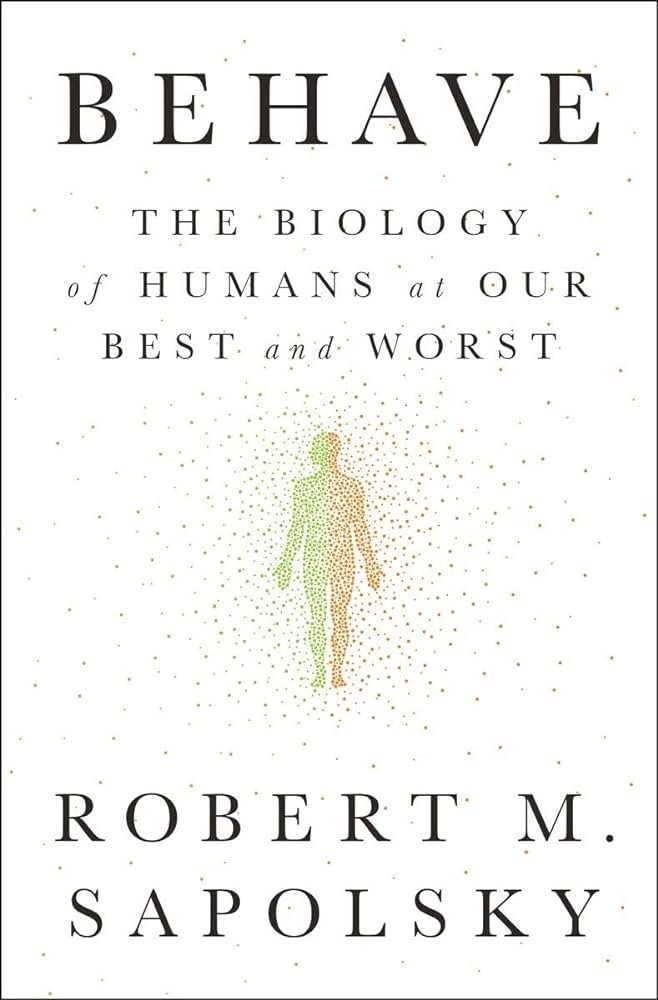
Why We Die
When we think of death, we are generally thinking about our own: the end of our conscious existence as an individual. There is a stark paradox about that kind of death: although individuals die, life itself continues. I don’t mean just in the sense that our family, community, and society will all go on without us. Rather, it is remarkable that every creature alive today is a direct descendant of an ancestral cell that existed billions of years ago. So, although changing and evolving with time, some essence in all of us has lived continuously for a few billion years. That will continue to be true for every living thing for as long as life survives on Earth, unless we one day create an entirely artificial form of life.

Behave
First, you can’t begin to understand things like aggression, competition, cooperation, and empathy without biology; I say this for the benefit of a certain breed of social scientist who finds biology to be irrelevant and a bit ideologically suspect when thinking about human social behavior. But just as important, second, you’re just as much up the creek if you rely only on biology; this is said for the benefit of a style of molecular fundamentalist who believes that the social sciences are destined to be consumed by “real” science. And as a third point, by the time you finish this book, you’ll see that it actually makes no sense to distinguish between aspects of a behavior that are “biological” and those that would be described as, say, “psychological” or “cultural.” Utterly intertwined.

Antifragile
Some things benefit from shocks; they thrive and grow when exposed to volatility, randomness, disorder, and stressors and love adventure, risk, and uncertainty. Yet, in spite of the ubiquity of the phenomenon, there is no word for the exact opposite of fragile. Let us call it antifragile.
